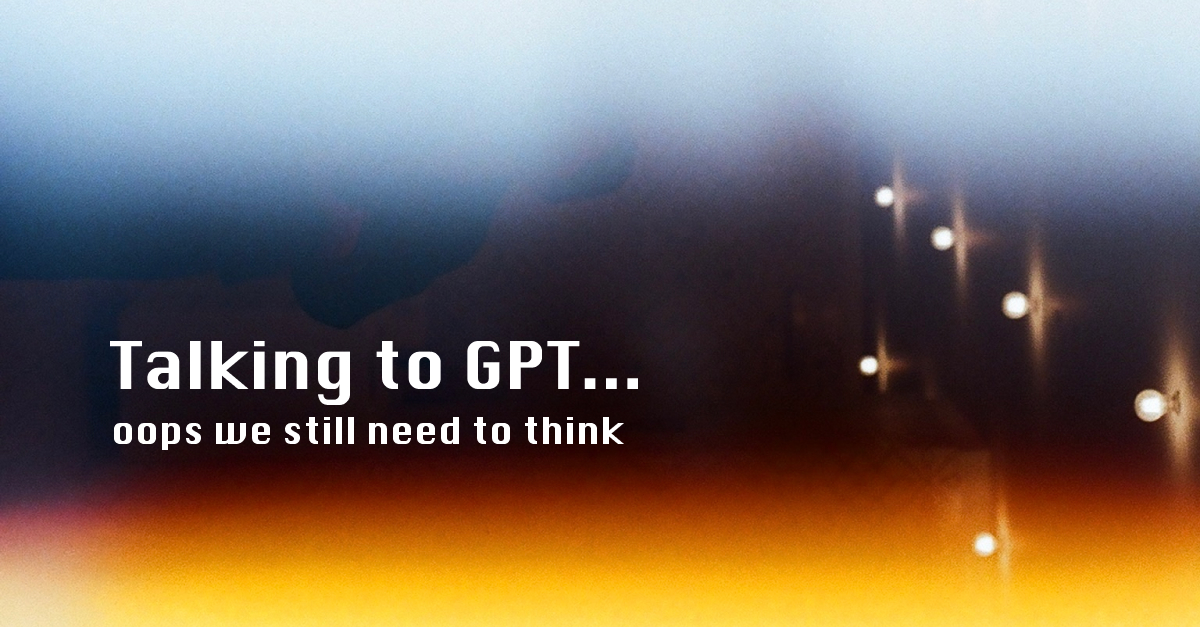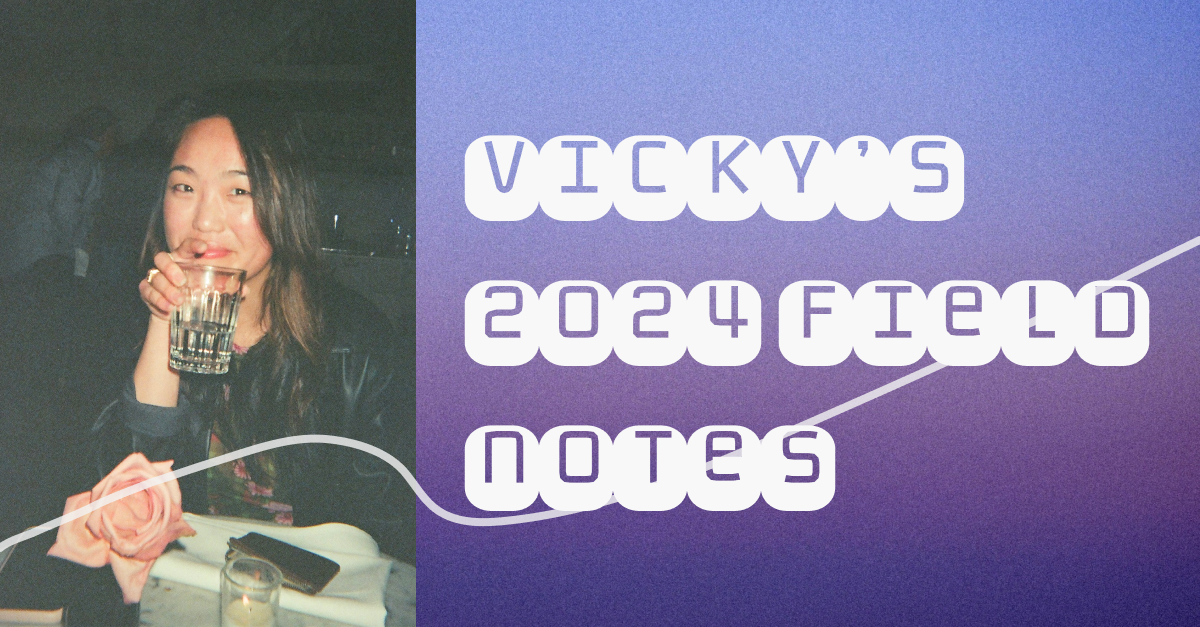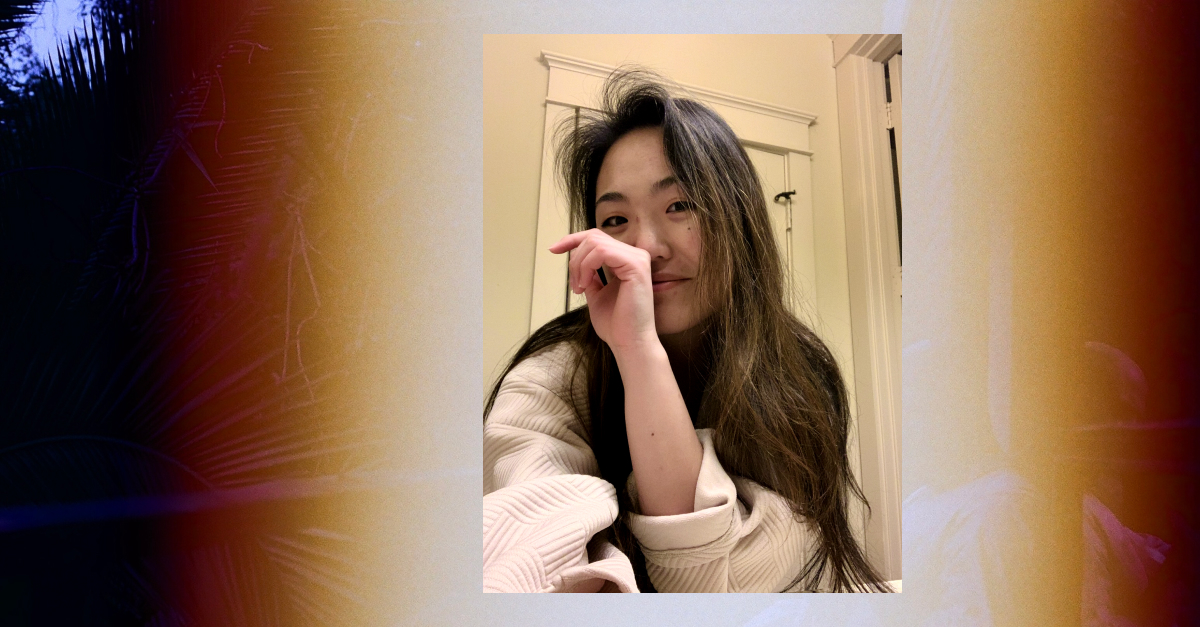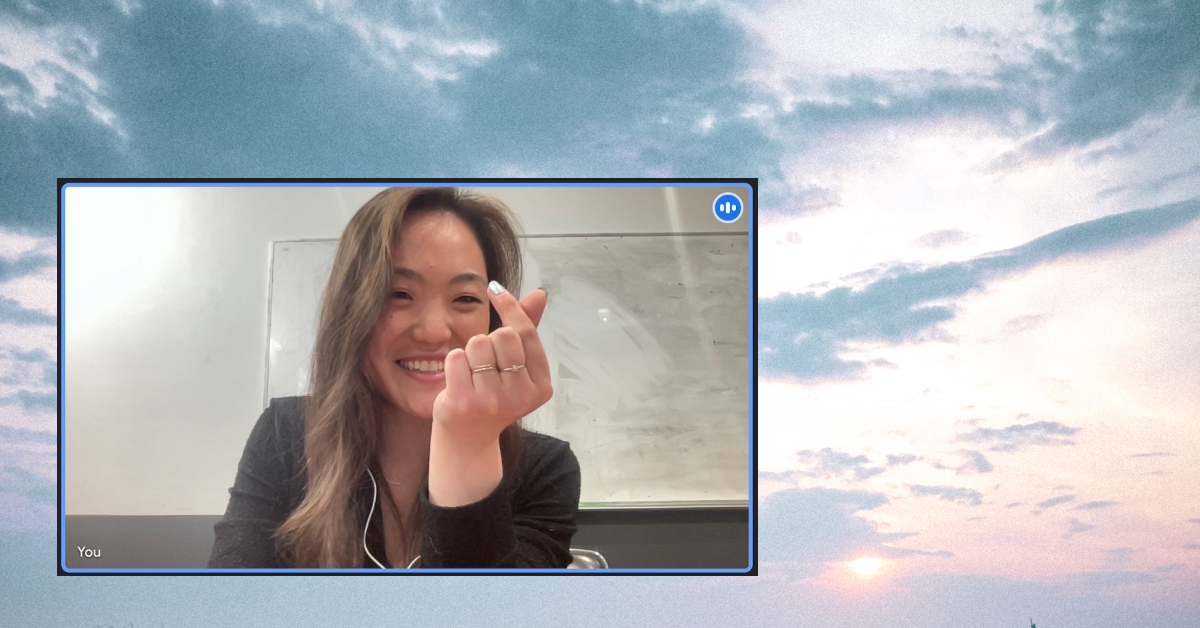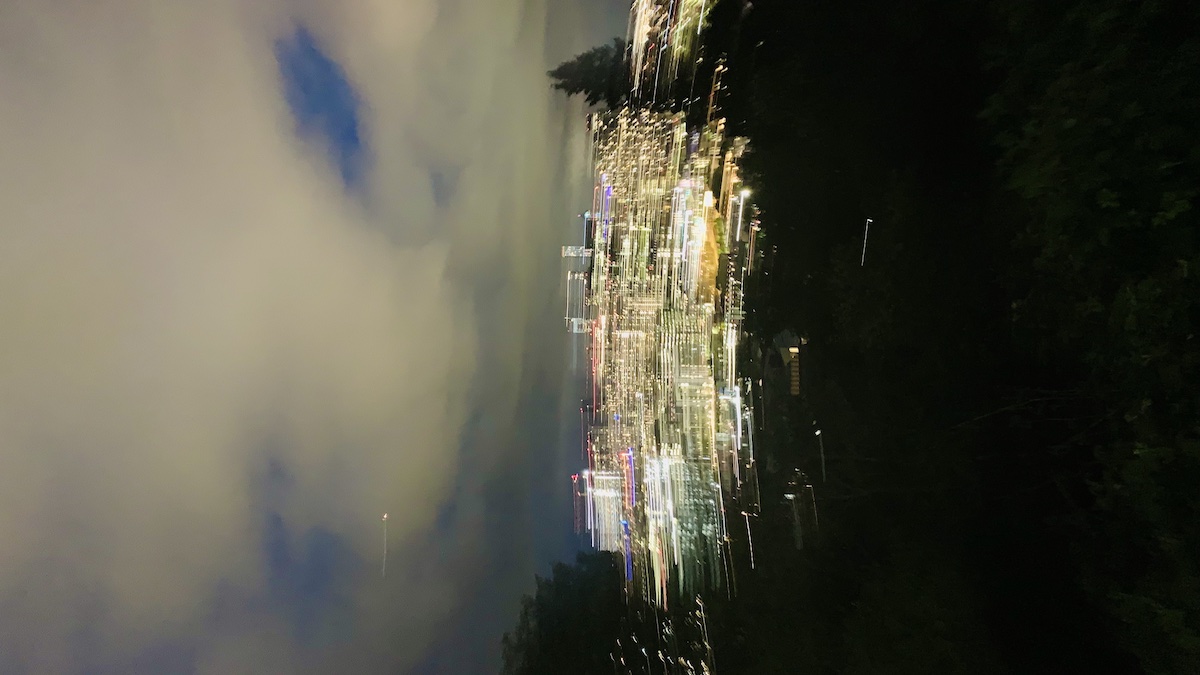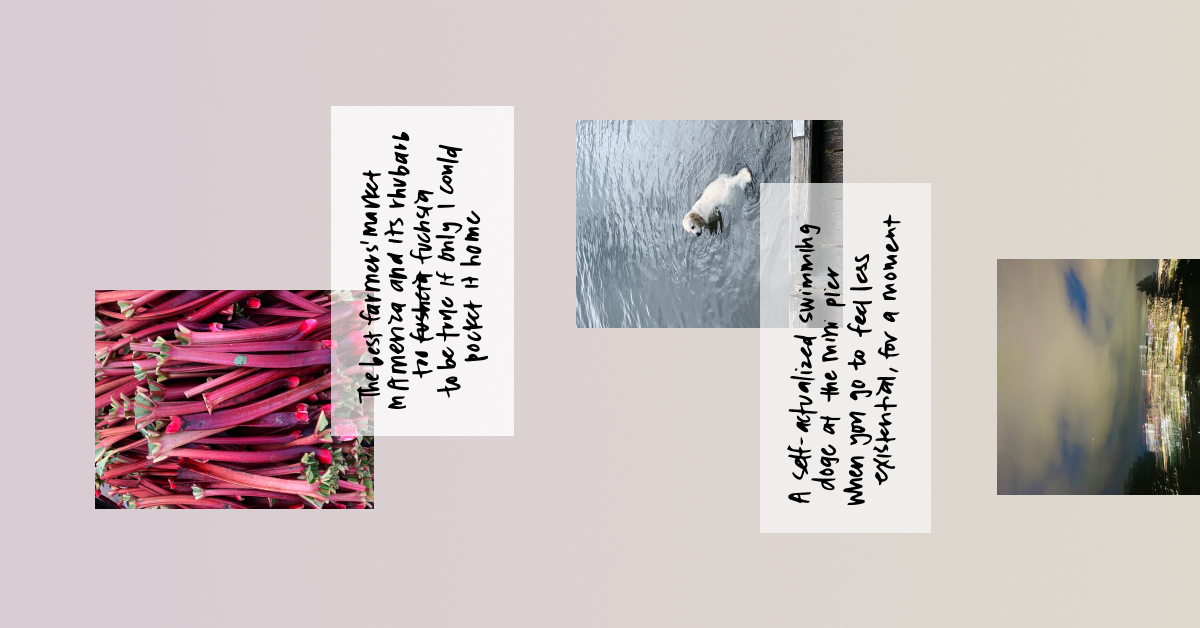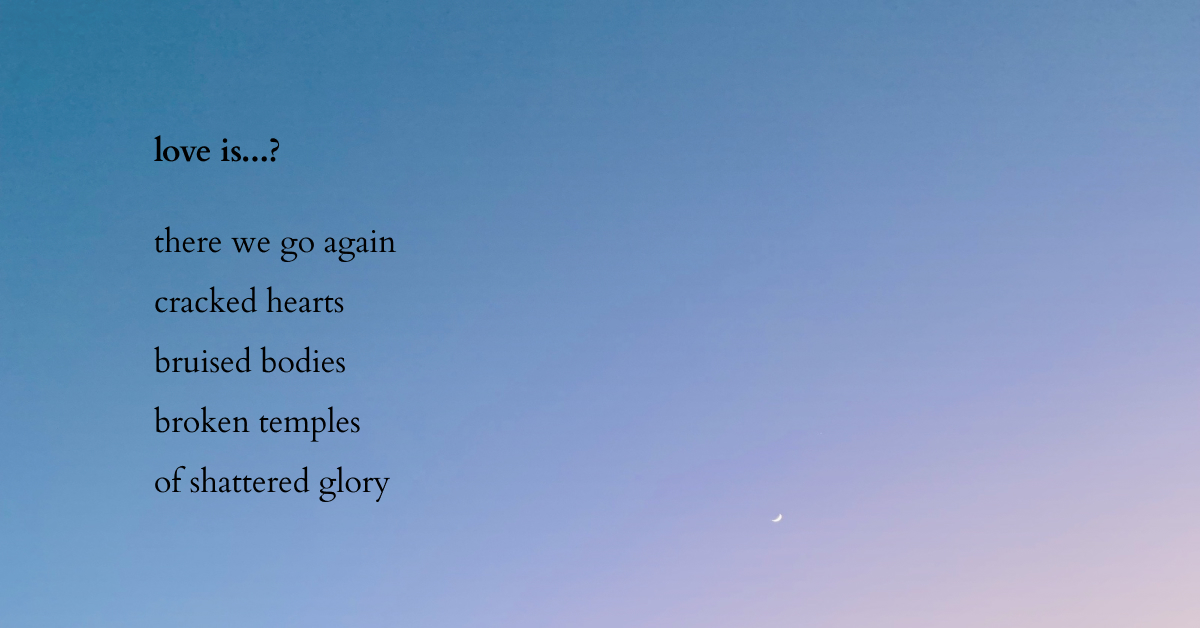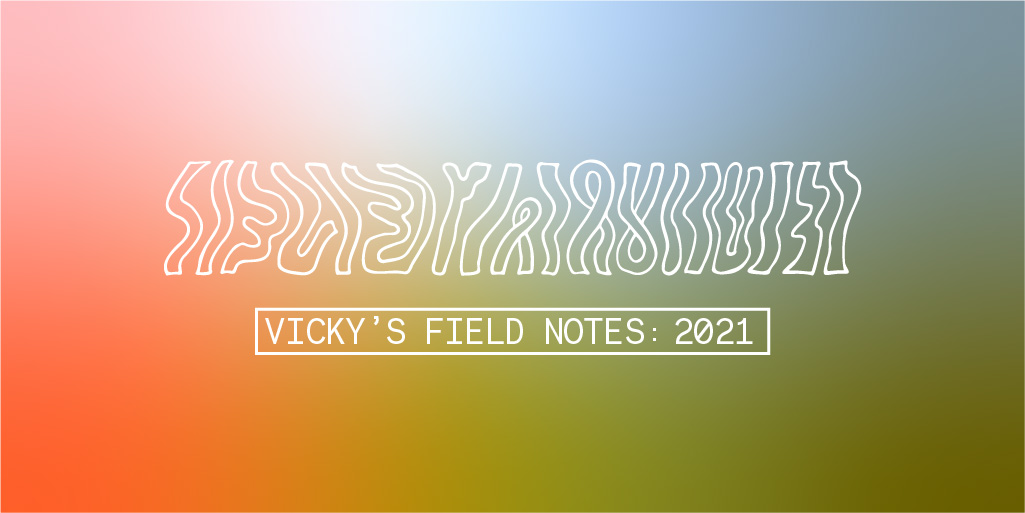
Latest in: field notes
While it’s true LLMs have changed how I work, it feels incomplete to call them indispensable to my workflow. My brain is no less tired at the end of the day. Humans can’t use server overloaded as an …
Table of Contents Intro: Stay BuoyantThe Soft Skills Beneath the Soft Skills (ft. Anna Wilhelm)The Art of Going Off-Script (ft. Eugene Kan, Charis Poon) Interested in monthlyish notes on strategy & my independent creative …
Reflections on work and art from Vicky Gu, editor and poet based in Brooklyn.
Hi - I’m excited to be working together. I outline my working principles on my homepage, and here’s a guide to give context on my values, strengths, and growth areas. (First discovered via Julia …
Today's visual poem: another to file away into the loose canon formed by the strange medical condition that is ‘young, hot, and single in new york city,’ as put by an ex coworker. Symptoms: …
What do you do when you have people you love who live 3,000 miles away? You go see them. You receive their love and wonder at the grace to know it. You indulge in …
"An adventure time was, if you calmed yourself to its receipt." —Adam Haslett, Union Atlantic Hi, friends. The world and our hearts are still at war and it shows no signs of ceasing. Madness. …
I almost didn't write this recap. Year two of independent consulting during year two of a global pandemic didn't feel worth publicizing. (Are there not far more impressive and devastating things that demand our …
On my first year of independent work This year was about staying afloat. We all lost many things in 2020, some more than others, and I'm lucky enough to feel grateful in the midst …
© 2025 Vicky Gu
